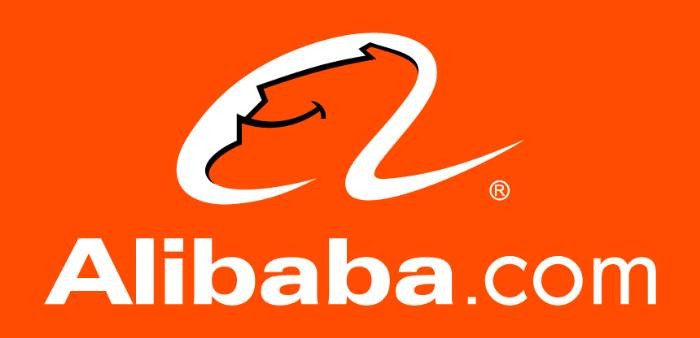Alibaba IPO Why List In the U S (BABA AMZN)
Post on: 9 Апрель, 2015 No Comment

Whether it is accurate or not, Alibaba (BABA ) originally was characterized as China’s answer to Amazon (AMZN ). Alibaba looks to be growing in both the range of services it offers — and more importantly, the profits it can deliver to its new shareholders — following the NYSE IPO. The question we’ll look at in this article is why that IPO and other foreign companies’ IPOs are taking place through U.S. exchanges.
Although it is far from proven, the best hypothesis as to why Alibaba launched in the U.S. is that it allowed founder Jack Ma to maintain control of the company. Alibaba’s pre-IPO structure allowed Ma and co-founder Joseph Tsai to keep control of the company despite not owning a significant percentage of shares. Ma’s reported first choice of exchanges, Hong Kong, frowns on control methods not based on majority ownership. The NYSE and the U.S. in general, however, allow companies to use share classes to maintain control of publicly traded companies. Even with foreign companies that plan to hold a majority of shares, the share class structure offers an opportunity to raise capital without giving over any significant power to the new shareholders.
There is an element of prestige in being a NYSE listed company, but there is also a very practical advantage to listing in the United States. Companies trading publicly in the U.S. fall under the regulatory supervision of the SEC. Although this often means new processes and more paperwork for foreign companies making the leap, it pays off as investors see the increased scrutiny and transparency as a plus in the long run.
If a company is listed in the U.S. it has the implicit SEC stamp of approval until some issue is exposed by the regulator. As a result, investors have more trust when reading the financials and making the investment. Whether this is entirely justified is another matter, but investors all over the world have been investing in U.S. stocks for decades. Alibaba will use that trust to position itself even more clearly as the main rival to Amazon. The U.S. listing will make it even easier for investors looking for exposure to the online marketplaces to pick Alibaba’s growth story over Amazon’s.
Range of Motion
A U.S. listing will also allow Alibaba a bit more range of motion when it comes to mergers and acquisitions. Having U.S. dollar shares on a U.S. exchange will simplify some of their future acquisitions of U.S. businesses and lessen the scrutiny these deals might have otherwise faced. When an U.S. listed company wants to buy another U.S. listed company, people tend not to notice. That is not always the case when a foreign listed company makes an offer on a U.S. firm.
The Bottom Line
The consensus seems to be that Alibaba chose the U.S. to keep control of the company. That said, the U.S. listing also provides a boost to the company’s reputation and an advantage for M&A activity. Perhaps the most interesting thing about Alibaba’s IPO isn’t that it listed in the U.S. but that it listed with the NYSE rather than the NASDAQ — a more traditional home for internet companies. Either way, the U.S. exchanges will never turn away foreign companies looking to list because of the money generated for the exchanges and investment banks involved. Your home address doesn’t matter as much when you are bringing money to spend, so Alibaba will not be the last foreign company to list in the land of opportunity.














